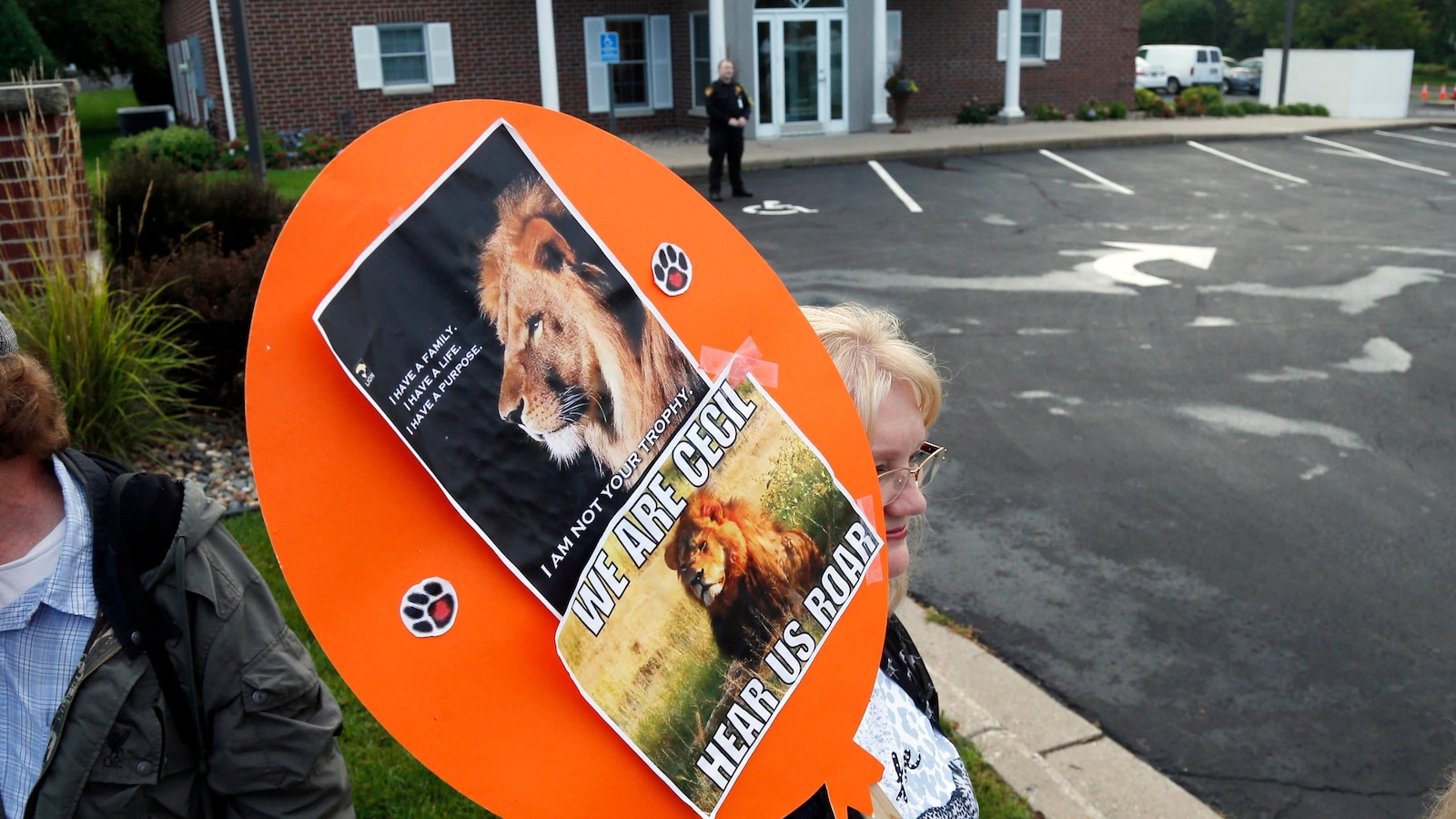Celebrating Daughters: A Journey of Fatherhood and Justice

The day Ranjit’s daughter, Kiran*, was born marked a profound moment not only for him as a new father but also in the deeply patriarchal society of rural India. Rather than the typical subdued response often seen for the birth of a girl, Ranjit celebrated her arrival by distributing sweets throughout his entire village. “God heard my heart and granted my wish,” he joyfully expressed, showcasing his immediate and unshakeable devotion to his daughter. His commitment was evident as he would rush home from his demanding work in the fields to spend precious time caring for her.
Ranjit’s elation resonates with millions of fathers around the globe, yet in the context of rural India, where celebrating the birth of a girl can be viewed as an act of defiance, his actions stand out sharply. Traditionally, many families express disappointment upon having a daughter due to societal pressures that value sons more highly. In this light, Ranjit’s celebration is both touching and revolutionary.
Ranjit’s love and unwavering support for Kiran are poignantly captured in the film To Kill A Tiger. This documentary follows the harrowing journey of Ranjit as he fights for justice for his daughter after she was gang-raped at the tender age of 13. Kiran's courage shines through as she stands determined to bring her attackers to justice, while Ranjit matches her resolve with steadfast support, even when faced with threats and social ostracism from their community.
After a screening of the film this year in New York, Ranjit and Kiran were honored to be joined by Ziauddin Yousafzai, father of the renowned activist Malala Yousafzai. The occasion also served as the launch for #StandWithHer, a global campaign advocating for gender justice and support for survivors of sexual violence. Yousafzai lauded Ranjit, stating, “a man all men should be proud of – the father all fathers should look up to.”
On an upcoming Sunday, a short film featuring a conversation between Ranjit and Yousafzai will be released. They will discuss themes of fatherhood, courage, and their unwavering commitment to empowering their daughters to become independent young women, despite the significant social and political barriers they confront.
Nisha Pahuja, the director of To Kill A Tiger and founder of the #StandWithHer campaign, emphasizes that the film aims to engage men and boys in a dialogue about how patriarchy adversely affects everyone. “Power comes at a cost – not just to women and girls, but also, to men and boys,” Pahuja notes. She highlights the struggle of men and boys to define their identities in a complex societal framework.
Yousafzai passionately shares the story behind naming his daughter Malala after a 19th-century Afghan heroine, recognizing the strength and power embodied in that name. He was determined to ensure that Malala received an education, a privilege that had been denied to the women in his family, including his mother and five sisters. “Education was the front door and it had to stay open,” he firmly asserts, recounting how he encouraged Malala to engage in discussions and debates, recognizing her intellect from a young age.
Theirs is a bond that transcends father-daughter dynamics; they are allies in a shared mission for education and equality. This became glaringly evident when Malala was nearly killed by the Taliban in 2012 for advocating for her right to attend school. Yousafzai’s commitment to her cause only intensified; they are, in his words, “one soul in two bodies,” with him affectionately referring to her as Jaani, meaning soulmate.
In the wake of Kiran’s assault, societal expectations placed immense pressure on Ranjit to marry her off to one of the assailants, an all-too-common response to sexual violence in which the onus of shame is placed on the victim rather than the perpetrator. Ranjit defied these expectations, insisting that shame lies solely with the attackers and emphasizing, “A real, caring father puts his daughter first.”
Yousafzai sees a reflection of Malala in Kiran, recognizing her as a voice against extremism and violence. He stresses the importance of men serving as allies in this fight, urging all to leverage their privilege to challenge ingrained beliefs. “Every father, every brother: all men must stand with women,” he asserts, highlighting the critical role families play as agents of social change. Ranjit echoes this sentiment, stating, “We can convince men; it needs to enter their minds. As more and more people come together, I feel it will definitely have an impact on men and boys.”
*Kiran is a pseudonym.




























